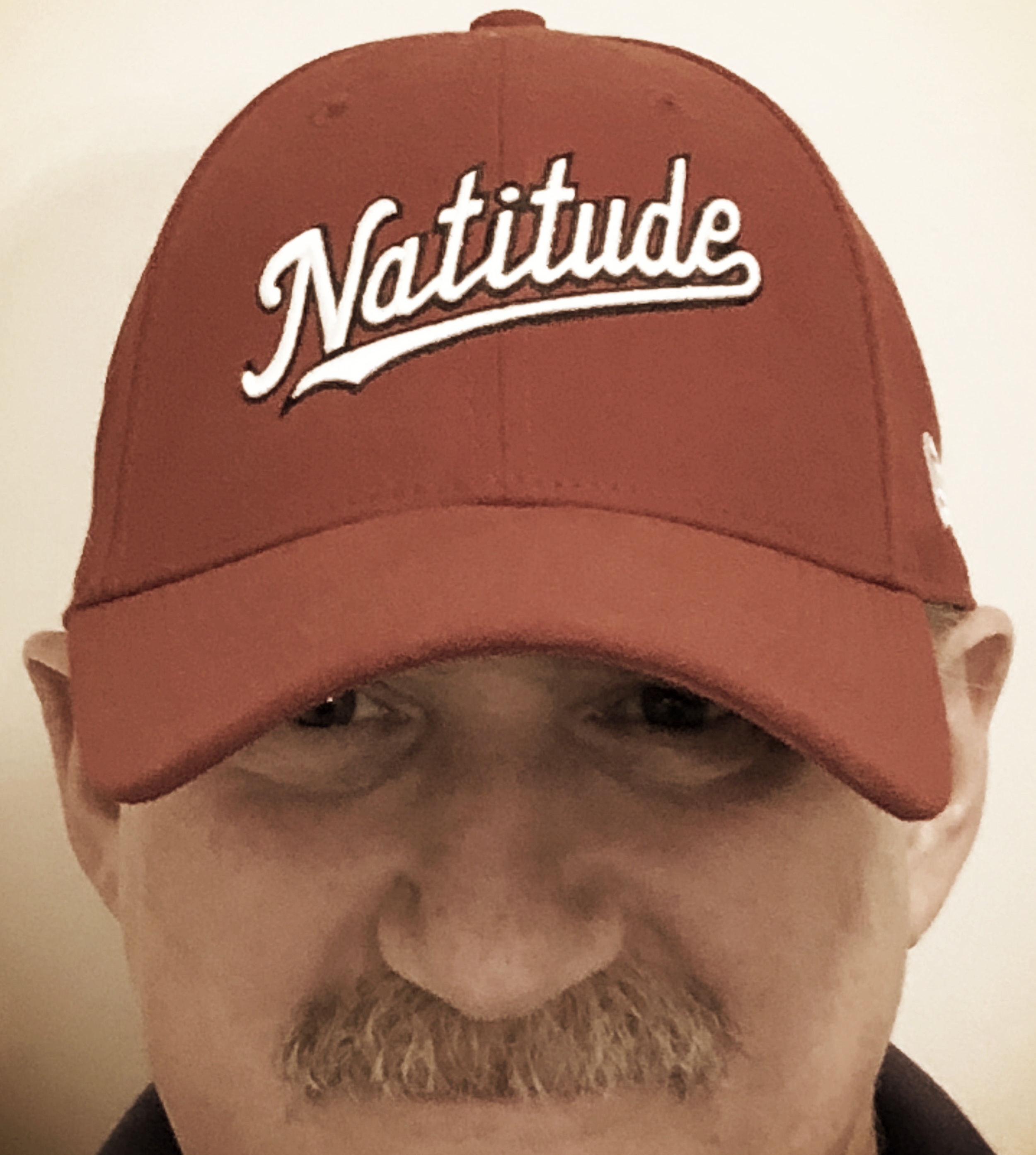They say that hindsight is 20/20. In "hindsight," I wish I would have kept a list of all the different healthcare providers (HCP's), representing all of the different countries of the world, that I have met along my journey, who have treated me - so competently and compassionately.
Unlike most normal doctor visits (generally quick, and with just the doctor and a possible associate), my visits to the clinic can last from 2-5 hours. So just on pure volume of duration alone am I introduced and exposed to way more HCP's than the average person.
My monthly visits to the clinic (for the past 4+ years; not even counting the greater frequency in the beginning), are almost all on a Saturday (as a convenience to my work/life balance). The clinic is staffed by a number of rotating floaters that come in for an obligatory weekend shift (on loan from the solid-tumor clinic across the street - which is closed on weekends). This further increases the variety of new HCP's that I get to meet each Saturday that are working during my treatment days.
The clinic has 32 bays (clustered around a giant horseshoe in semi-private groups of 4; not really private but privacy isn't necessary). Even though I am not directly connecting with all of the other HCP's working that day, I still get to see their actions and hear their interactions. That's about a dozen folks on any given Saturday.
What this all leads up to, is the fact that so many of the HCP's that I have had the pleasure to spend time with are either immigrants from foreign lands spread across the globe, or are from hard-working minority American families; that could be the first to attend college in their family, or come from a long line of HCP's in their lineage. Whatever their "origin story" it is so interesting to learn about their personal and professional background.
Treating cancer is a true labor of love. Many patients get better, but the healing process can be arduous. Many clinic regulars are on a long-term maintenance program that can be challenging for them to tolerate at times, which means extra compassion from the HCP's during those more trying days (it is medically referred to as Treatment Fatigue). And some patients will not get better, and though that reality is known, it still can't be easy for HCP’s to deal with emotionally or professionally.
I am so grateful to all of these Angels of Mercy, many of whom have traveled here from all corners of the world, and fortunately crossed my path. Giving me the benefit of their care as well as all of the cultural learnings that I have picked up along the way (my steroid pre-meds make me a little chatty and extra inquisitive). I have to be there anyway, so this helps keep it interesting and varied.




